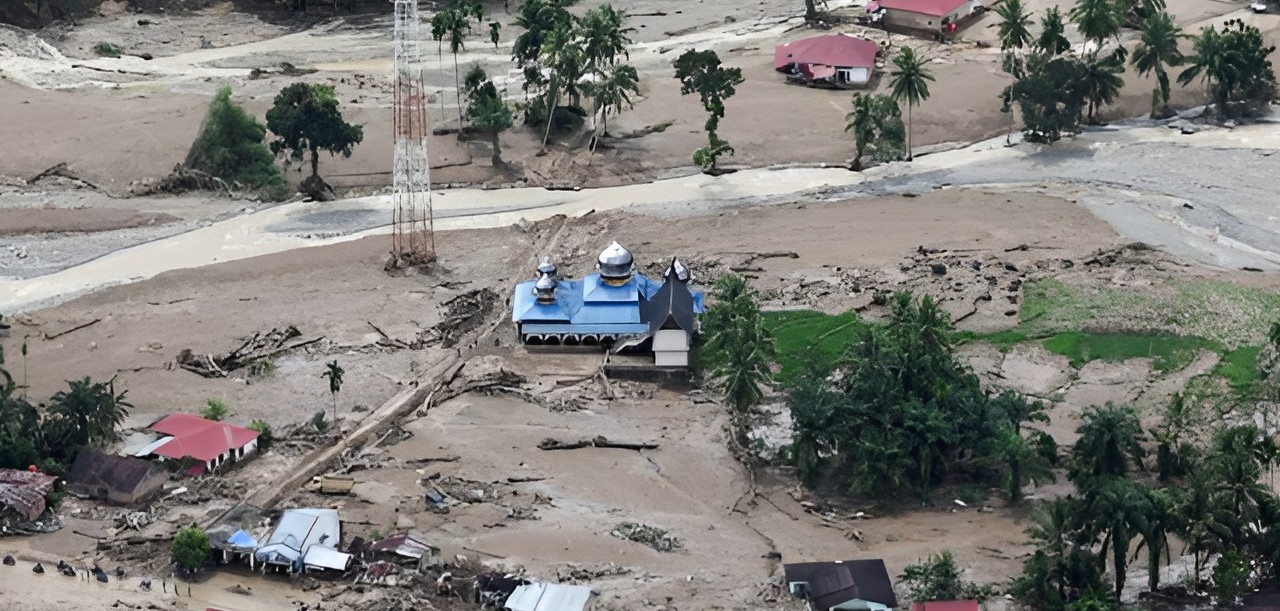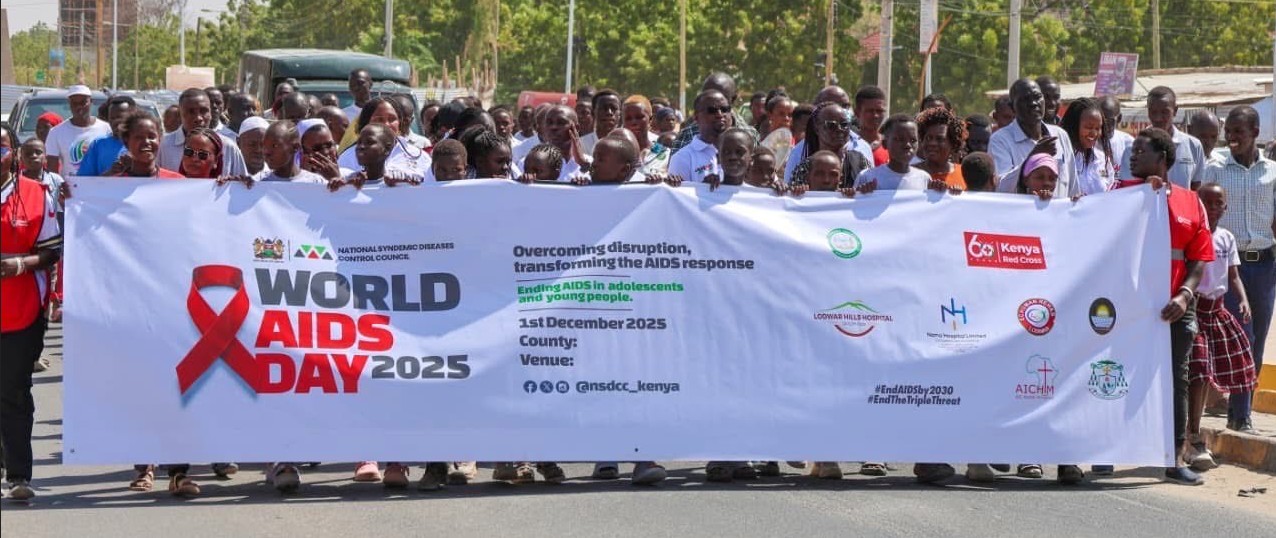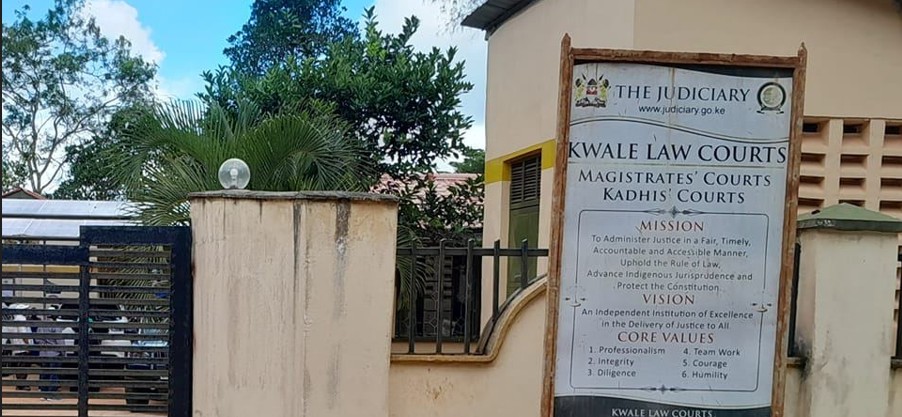All eyes on Senate as Meru Governor Mwangaza faces impeachment trial
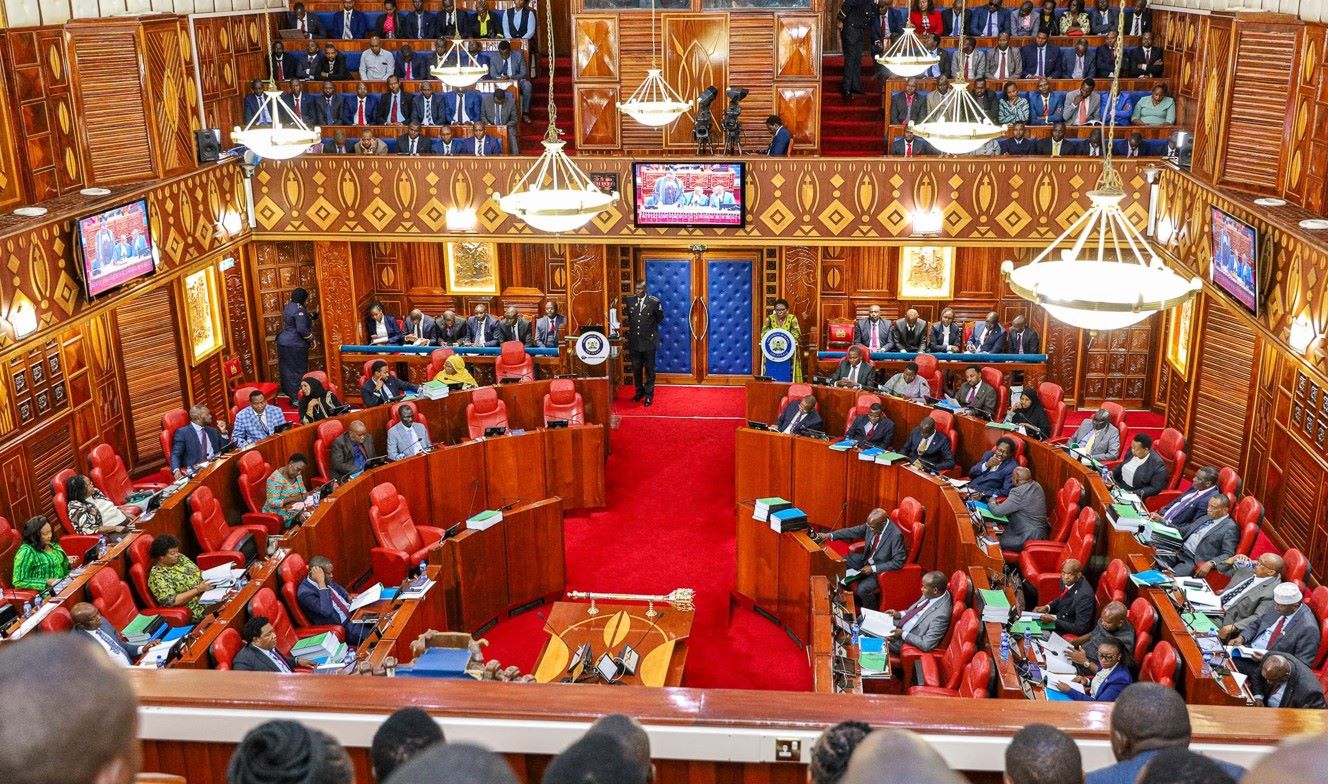
Already, a section of Meru residents have written to President William Ruto asking him to dissolve the county government.
Meru Governor Kawira Mwangaza will face a crucial test on Monday when the Senate begins her impeachment hearing.
The governor will be tried by the full Senate, following last week's vote by Senators to reject a motion that proposed establishing an 11-member select committee to hear her case.
More To Read
- Former Meru Governor Kawira Mwangaza named UMP party leader
- Governor Mutuma: This is how I plan to restore Meru’s glory
- Mwangaza moves to Court of Appeal to overturn ruling on her impeachment
- Isaac Mutuma sworn in as fourth Meru governor succeeding Kawira Mwangaza
- Isaac Mutuma to be sworn in as Meru governor after court affirms Mwangaza’s ouster
- High Court dismisses Meru Governor Mwangaza's petition to overturn her ouster
In a Gazette Notice by Senate Speaker, Amason Kingi, the trial will take place for two days
"Special sittings of the Senate to hear the charges against Hon Kawira Mwangaza, Governor of Meru County, seeking her removal from office through impeachment, will be held on Monday, August 19, 2024, and Tuesday, August 20, 2024, in the Senate Chamber by way of Plenary," reads the gazette notice dated August 16, 2024.
On Monday morning, Governor Mwangaza shared a bible verse ahead of the hearing by the Senators who will either send her home or give her another chance to serve the county of Meru.
"Joshua 1:9; Remember I have commanded you, be confident and never be afraid or discouraged for I the Lord your God, am with you," she posted on her social media accounts.
Section 33 of the County Governments Act provides that an impeachment hearing can either be handled by a special committee or the Senate plenary.
This will be the third time the Embattled Meru Governor has been impeached since she assumed office in August 2022.
On the past two occasions, the Senate saved Mwangaza, giving her a chance to redeem herself and better the working relationship between the executive and the legislators.
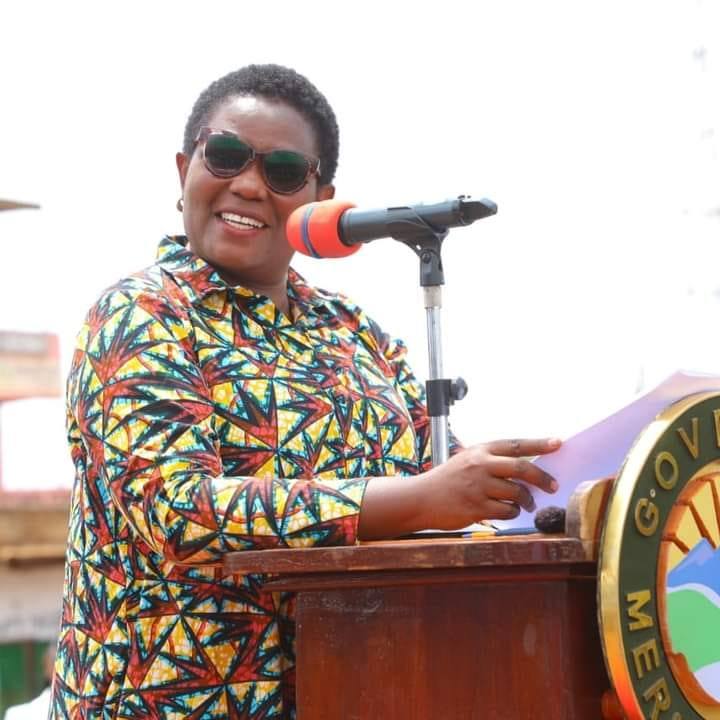 Meru Governor Kawira Mwangaza. (Photo: Governor Kawira Mwangaza)
Meru Governor Kawira Mwangaza. (Photo: Governor Kawira Mwangaza)
On Monday afternoon, the lawyers of the County Assembly will be the first to state their case against the Governor on the floor of the House.
They will give an account of the charges levelled against the governor including gross violations of the constitution, gross misconduct and abuse of office.
Mwangaza will present her evidence and witnesses, if any on Tuesday and will face cross-examination between 10 am and 2 pm.
The hearing will be plenary meaning that all 67 senators will participate but only the 47 elected senators will vote.
Mwangaza will be represented at the trial by lawyers Elias Mutuma, Elisha Ongoya, Edgar Busienga, Collins Mwenda, Bridah Kimathi and Robert Mutembei.
Meanwhile, the MCAs will be represented by Ndegwa Njiru, Mwangi Ndegwa, Mwirigi Eric Muriuki, Mwereru Boniface Mawira, Linda Nkirote Kithinji, Antony Mwenda and Ngure Benson Kinyua.
Ouster motion
Last week, the Meru County Assembly voted in favour of the ouster motion.
Mwangaza was hounded out of the office after 49 Members of the county Assembly of Meru voted in support of the motion against 17 who rejected it, while three members failed to appear for the session.
The motion on Mwangaza's impeachment was tabled by nominated MCA Zipporah Kinya who accused the governor of three counts: gross violations of the constitution, gross misconduct, and abuse of office.
Already, a section of Meru residents have written to President William Ruto asking him to dissolve the county government.
The petitioners have cited irreconcilable differences between embattled Kawira Mwangaza and MCAs.
Article 192 of the Constitution provides the conditions under which the President can suspend a county government, including internal conflict, war, or exceptional circumstances.
The County Governments Act also states that a county government may be suspended for "actions deemed to be contrary to the common needs and interests of the citizens."
Section 13 of the County Government Act provides that a county shall not be suspended in any other exceptional circumstances unless an independent commission of inquiry has investigated allegations against the county government.
The suspension of the county in any other exceptional circumstances can also not happen until the President is satisfied that the allegations are justified, and the Senate has authorised the suspension.
During a suspension under Article 192, arrangements shall be made for the performance of the functions of a county government.
A suspension under Article 192 shall not extend beyond a period of 90 days.
On the expiry of the 90 days, elections for the relevant county government shall be held.
Top Stories Today






